The National Development Sectorial Consultations engagement between lines Ministries and agencies over the period of five days will seek to obtain inputs from participating partners to identify and formulate pro-poor policies that will directly impact and lift the lives of citizens out of poverty.
Speaking during the launch ceremony held at the Paynesville Town Hall, the Deputy Minister for Budget and Development Planning Hon. Tanneh Brunson, said the launch is meant to address the need to place poverty reduction as the central objective of the process of development. She said, the pro-poor development strategy must therefore seek to achieve human development that will be secured sustainable, equitable and empowering for the majority of the population.
‘’ The new administration is keen on developing the next medium-term development strategy that speaks to its pro-poor agenda’’ she added.
According to Hon. Brunson, we all should go beyond the establishment of social safety nets and directly focus on providing jobs and raising incomes of the poor through explicit policy interventions in the process of growth.
‘’ Public policies need to influence both the process of generation and distribution of income in such a way as to disproportionately benefit the poor’’ Hon. Brunson indicated.
She emphasized that to significantly improve the absolute condition and the relative position of the poor, growth needs to be rapid. She then averred that we must begin by ensuring greater equity at the start of the growth process by decreasing inequity during the growth process such as making low-skilled jobs more readily available and thereby pushing up wages among the poor.
‘’ The strategy of the pro-poor growth consists primarily of employment generation combined with relative price stability of goods and services which are essential items like food, in the consumption basket of the poor’’ she noted.
She further encouraged the gathering that as they deliberate and develop the path out of poverty, there was a need to focus not only on the growth of opportunity but also on internal constraint on aspirations and behavior that limit poor people’s ability to participate.
For his part, the Assistant Minister for Development Planning, Hon. Benedict Kolubah, said the pro-poor agenda will definitely enhance the implementation of development modalities in Liberia, adding that it is the responsibility of the Ministry of Finance and Development Planning to translate the policy of the government into a national development plan.
He noted that the consultations will establish national indicators framework document and facilitate a way out for direction of the pro-poor agenda for the next five years in various sectors of the country.
He disclosed that the Pro-poor National Development Agenda will focus on five pillars. He said Pillar One will focus on education, health, gender equality, youth reorientation and empowerment, physically challenged and senior citizens while Pillar Two will concentrate on agriculture and forestry. Pillar Three, according to Assistant Minister Kolubah will focus on justice, human rights, reconciliation, security and national defense; Pillar Four will deal with decentralization of institutions and systems, accountability and anti-corruption, and Pillar Five will concentrate on foreign policy and diplomatic relations.
He said, the government‘s key consideration is reducing high unemployment especially among the rural population, reducing income inequity and matching financial resources to support pro-poor interventions.
He added that the government of Liberia is leveraging on partnerships with United Nations systems, European Union, African Union, other international donors, Civil Society Organizations as well as religious groups and the media and in planning and successfully implementing the Pro-Poor agenda.


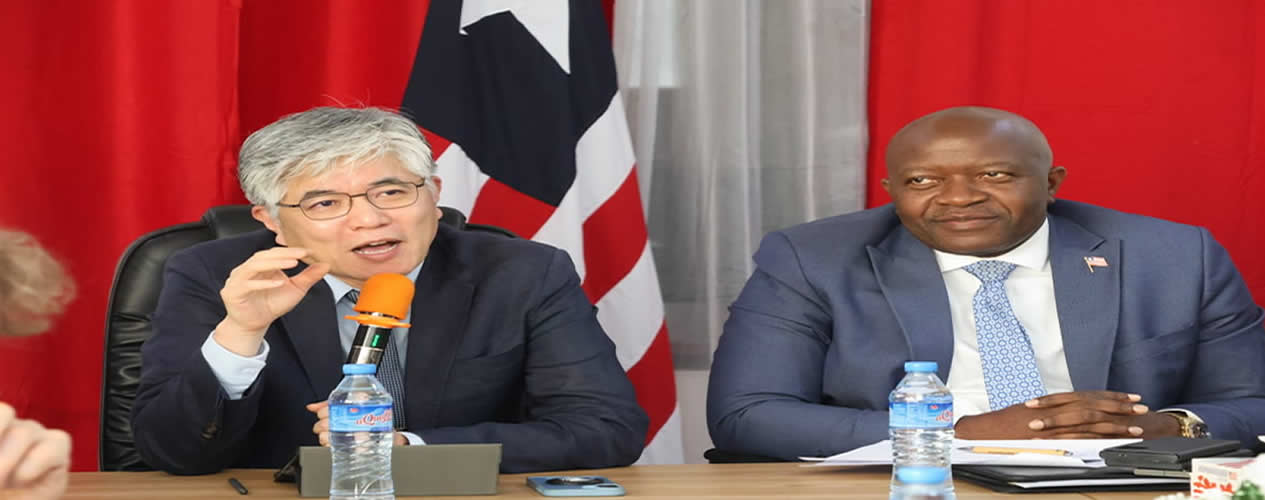
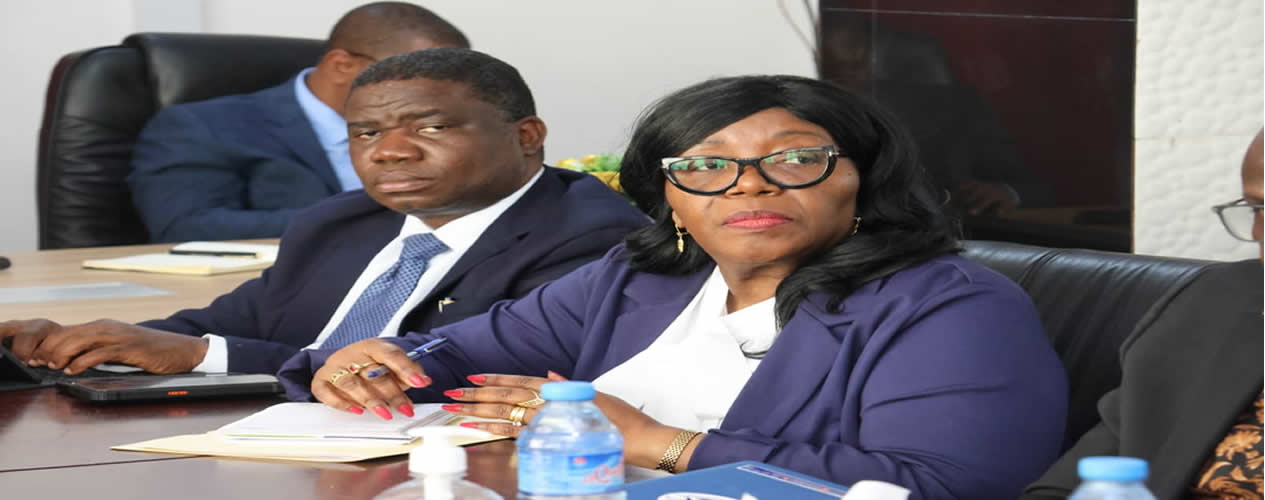
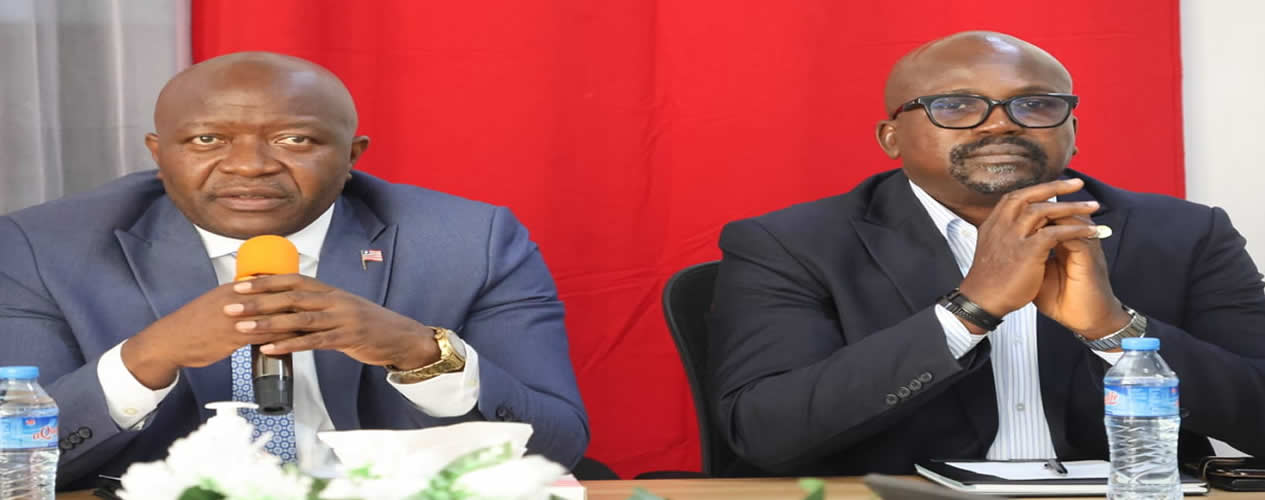
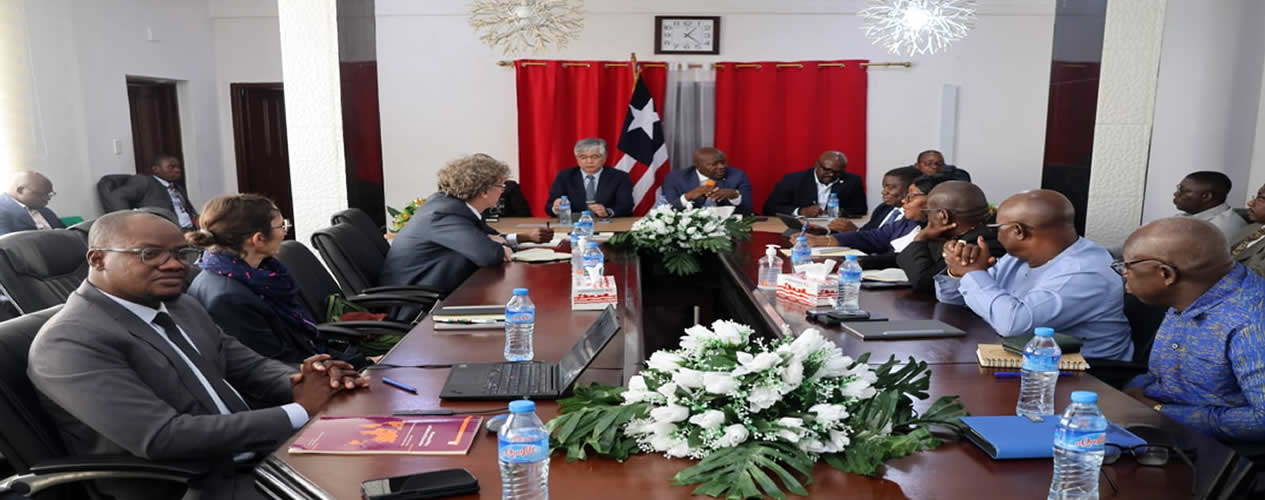
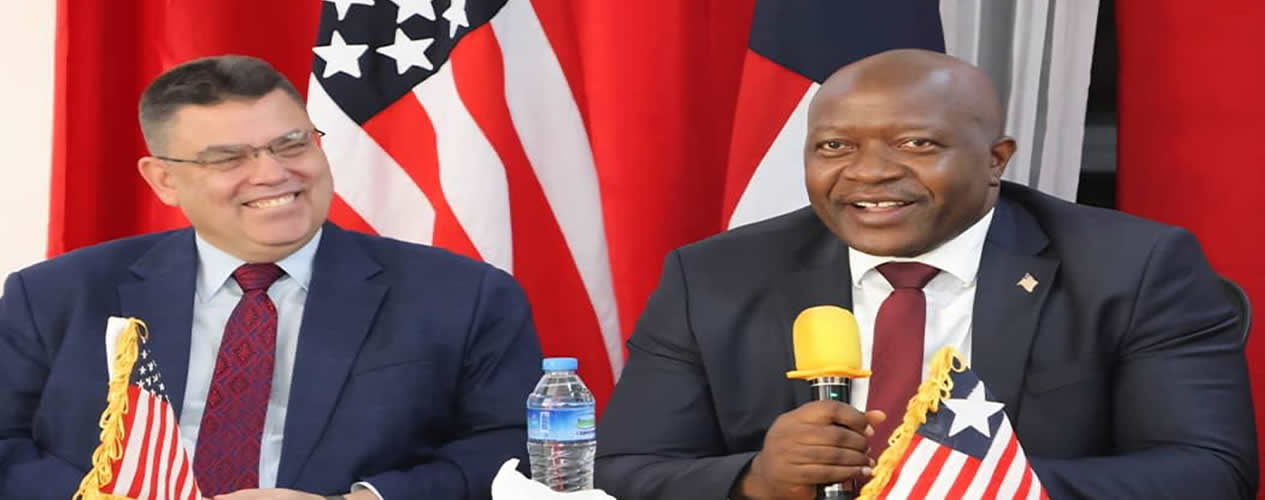
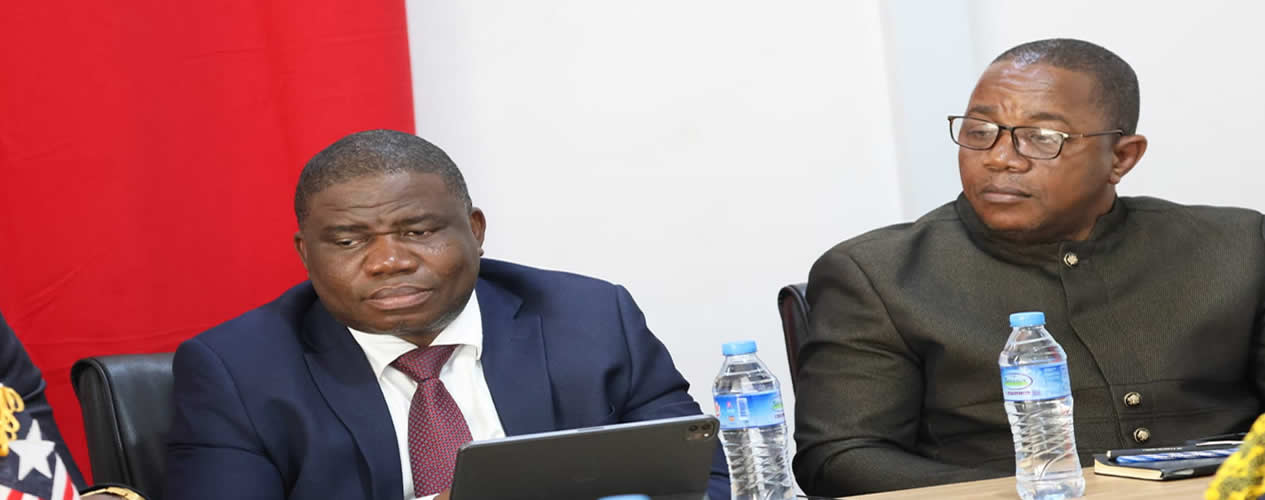
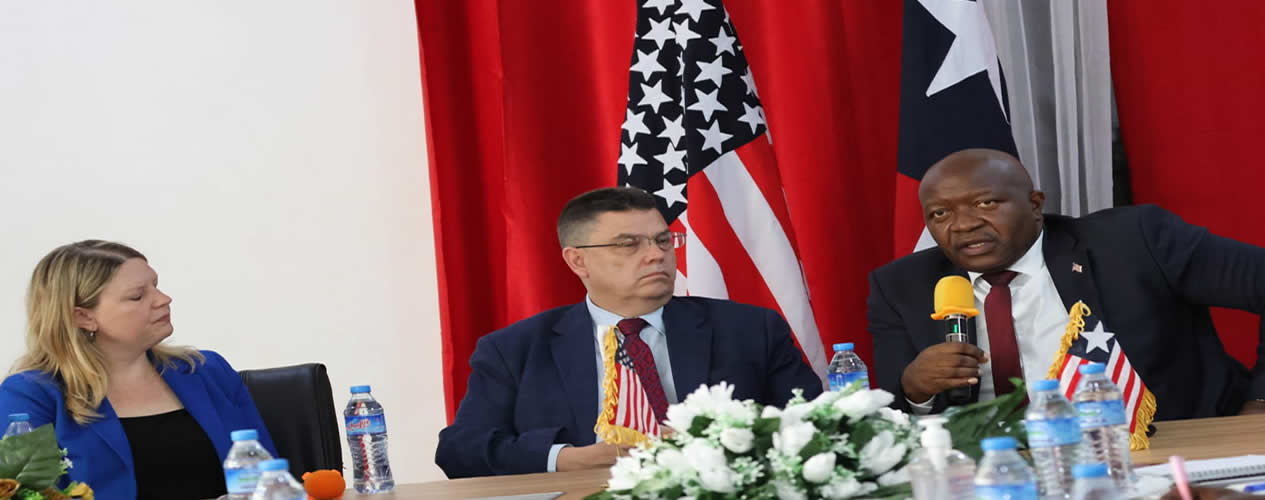
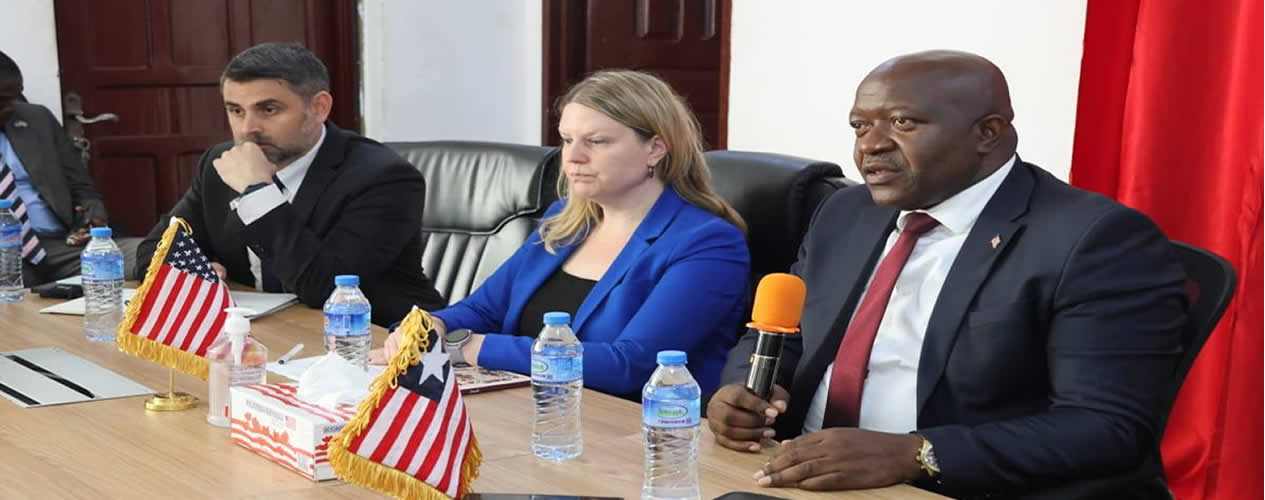
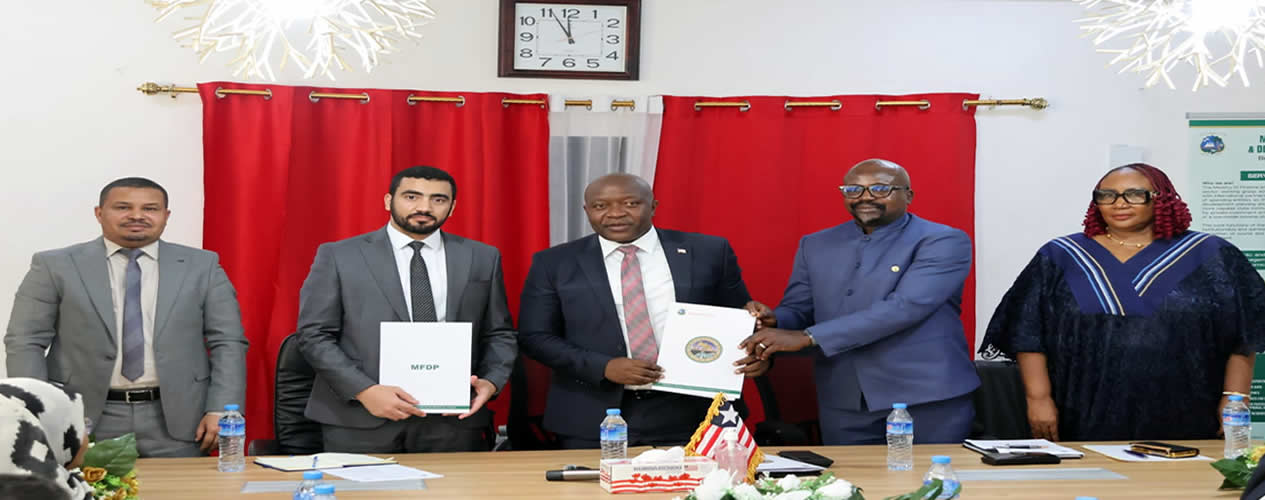
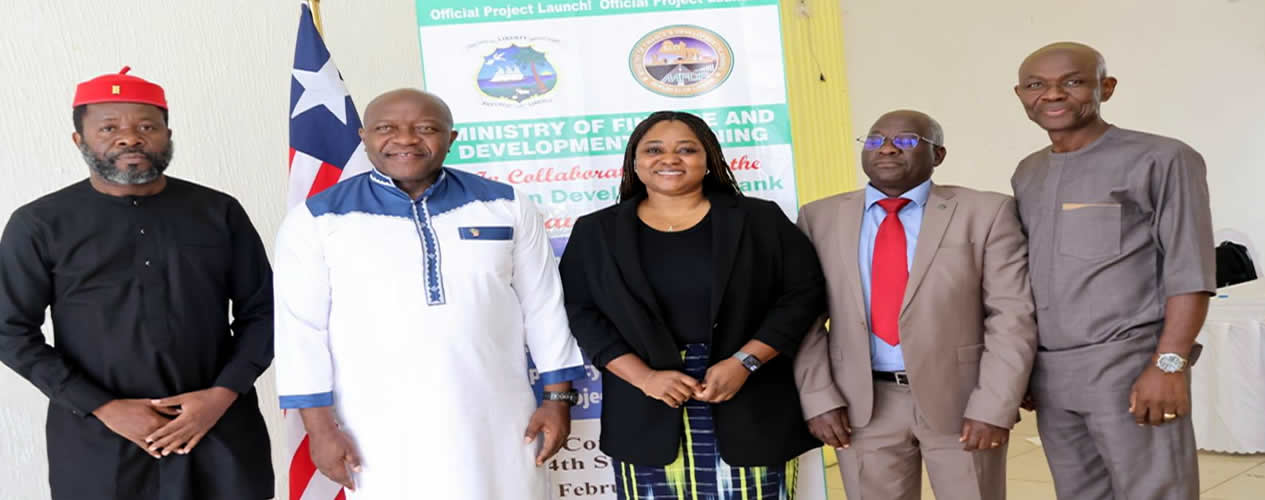
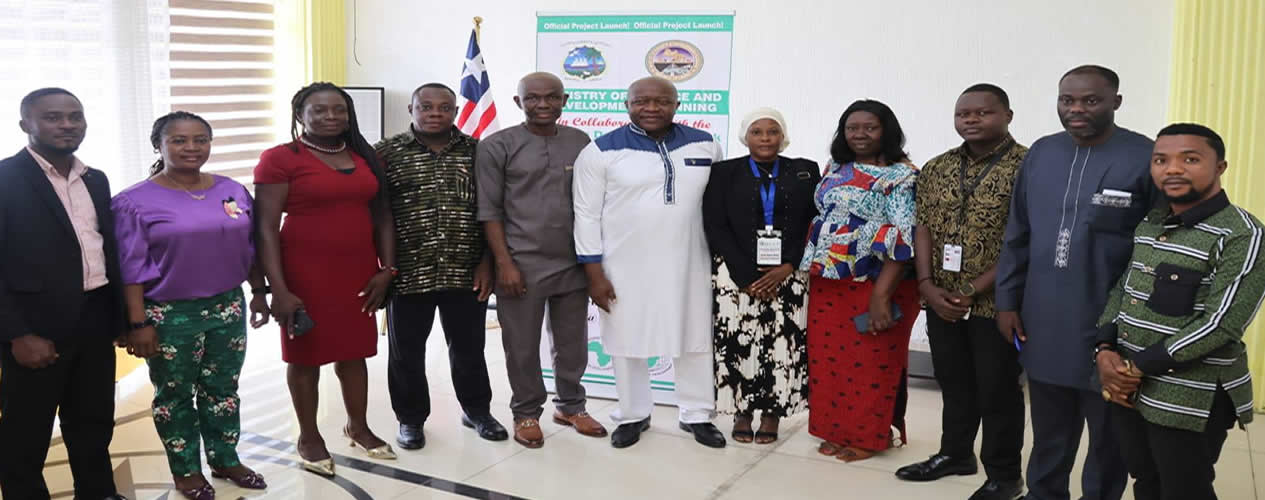
 Monrovia, Liberia - The Government of Liberia through the Ministry of Finance and Development Planning (MFDP) with support from the United Nations Development Programme (UNDP), Monday April 23, 2018 launched the National Development Sectorial Consultations towards Pro-Poor Agenda for Prosperity and Development (PADA). The consultations are scheduled to take place from April 23-27, 2018 at the Paynesville Town Hall in Paynesville City under the theme ‘’Promoting a Participatory Development Planning Process ‘’.
Monrovia, Liberia - The Government of Liberia through the Ministry of Finance and Development Planning (MFDP) with support from the United Nations Development Programme (UNDP), Monday April 23, 2018 launched the National Development Sectorial Consultations towards Pro-Poor Agenda for Prosperity and Development (PADA). The consultations are scheduled to take place from April 23-27, 2018 at the Paynesville Town Hall in Paynesville City under the theme ‘’Promoting a Participatory Development Planning Process ‘’.